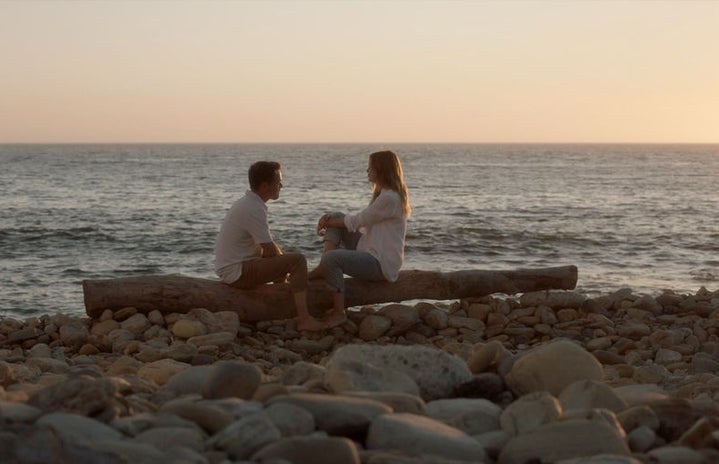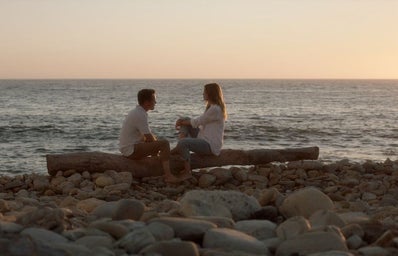It must be admitted that the 21st century is significantly lacking in the romance department. Even before the global pandemic put the kibosh on romantic rendezvous over dinner, millennials and Gen Z’ers have been increasingly relegated to swiping right on Tinder or hooking up in a club as means of forming a connection, which many feel is simply not the same. When it comes to basic human communication, we appear to be a bit of a lost generation, set adrift in a sea of social media statistics, celebrity tweets, and Netflix binges, struggling to connect. Moreover, with so much basic human contact stripped away from our already screen-centric society as a result of the pandemic, the question arises: is romance truly dead?
What the scientists are saying
Back in 2018, Cigna released the results of a study which found that Gen Z, defined in the study as young adults aged 18 to 22, is “the loneliest generation.” While there is still much debate as to whether this trend is directly linked to increased social media usage, scientists have long been studying the effects of social media on mental health — and, more specifically, the growing correlation between digital gorging and increasing loneliness.

Curious to find more concrete data to suggest that Gen Z’ers are increasingly incapable of communicating without the protective shield of a screen, I did some digging.
My first stop was Harvard University. Every year, The Harvard Crimson publishes a “by the numbers” page — the results of an anonymous survey given to each incoming class. For the newly admitted class of 2024 (the class of 2025 statistics are not yet available), the results reveal that more than 60 percent (of the over 76 percent of the class who responded) are virgins.

Over at Columbia, a similar survey published in 2018 also revealed that nearly half of respondents were not having sex with any regularity or at all, with students citing “overall discomfort talking to others” and “lack of empathy among some students” as primary prohibitive factors.
And while sex statistics may seem like a crude way to measure our capacity for romantic intimacy and human connection, scientists do believe that our generation’s diminished sexual activity is indicative of a larger issue: a reduced capacity to form meaningful real-world connections.
In the media
Whether it was this mounting generational desire for intimacy, the forced isolation of the pandemic, or a perfect storm created by the two, the demand for good romantic escapism has never been higher, and the media has recently been inundated with sumptuous historical romances that transport viewers to simpler times, when a letter could change your life, and a look could stop your heart.

While it is impossible to know whether the wild popularity of these recent releases was born of a desire to live vicariously through the character’s romances, there certainly appears to be a correlation between the rise of these historical heartbreakers and the overwhelming and increasing “loneliness” of our generation.
Post-pandemic promise
However, all is not doom and gloom. With over a year of social distancing behind them and universal vaccine accessibility on the horizon, many Gen Z’ers have expressed their enthusiasm for “getting back out there” as soon as safely possible. Says Ella*, a junior at the University of St Andrews, “I can’t graduate college never having had a boyfriend. Once this is all over, I’m so excited to meet people and start forming relationships!”
Sam*, another junior, echoes her sentiments: “it’s been so long since I’ve been able to just go for a casual coffee or drink with someone, I feel like I’m going to need to get in lots of practice!”

Is it too soon to anticipate a romantic renaissance? A revival of the intellectual and physical intimacy that seems to have been lost somewhere in all that cyberspace? The return of sonnets, love letters, grand gestures, and small tokens? Perhaps. However, call me a cockeyed optimist, but this writer has faith that with the long-anticipated “return to normalcy” will come a much-needed return to romance.
So the next time you’re tempted to try and slide into someone’s DMs, remember that Darcy would never have gotten anywhere with Elizabeth Bennet that way, and try an invitation for a gripping walk in the country instead. After all, there’s a pretty good precedent there!
*Names have been changed.


